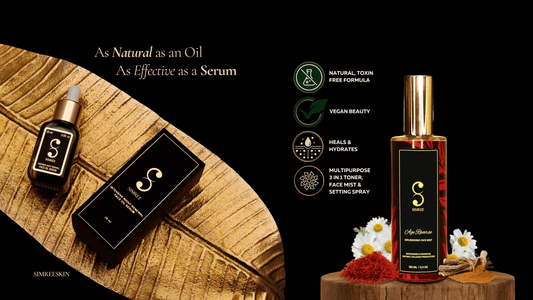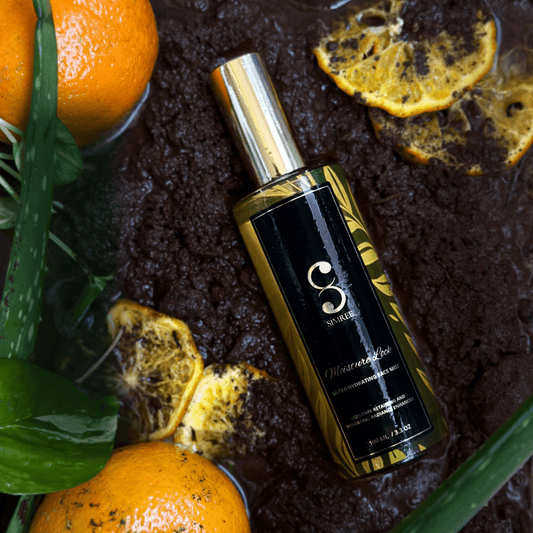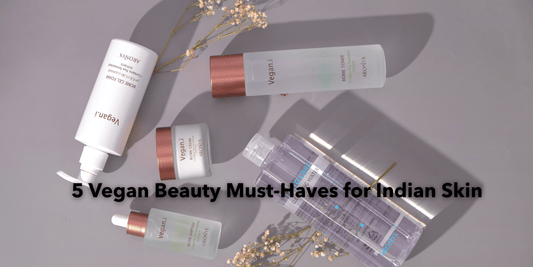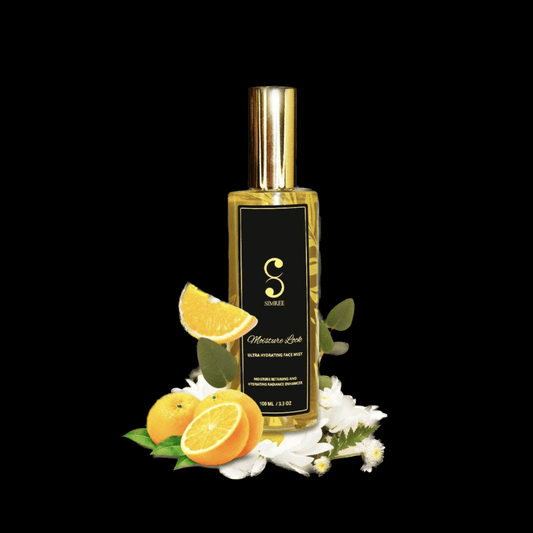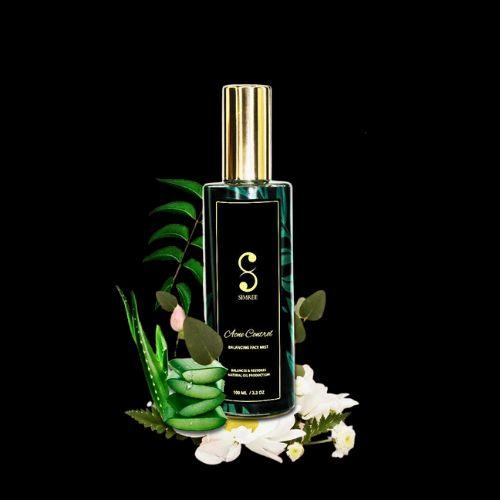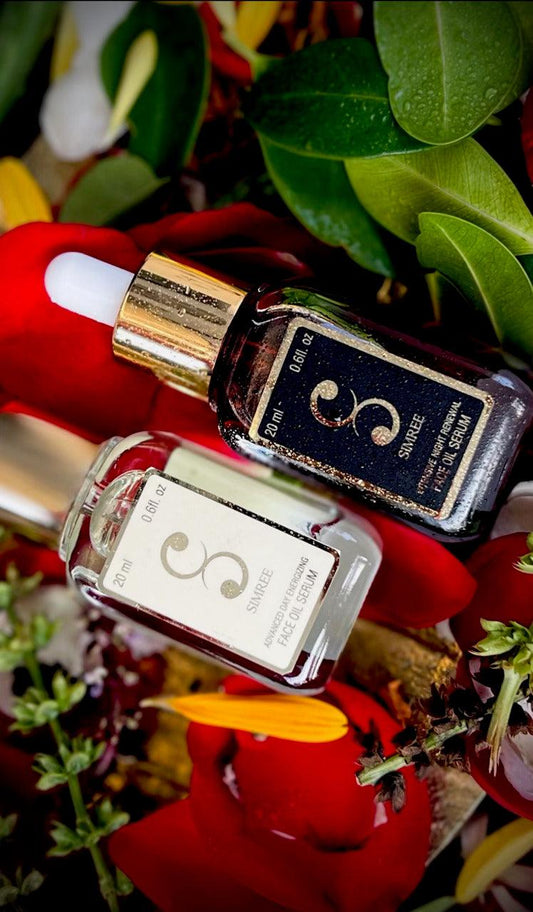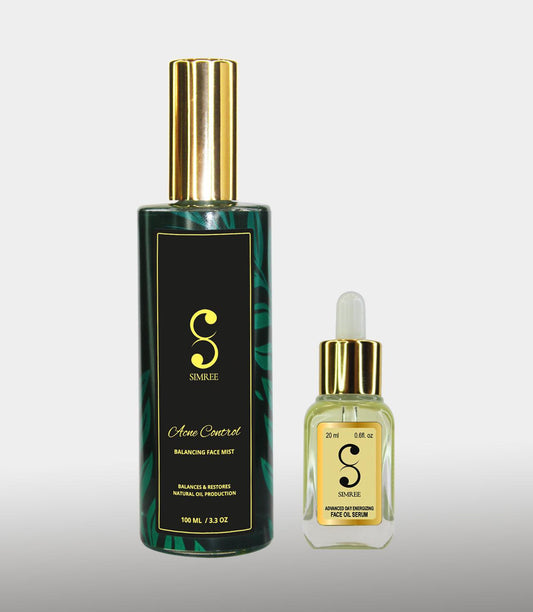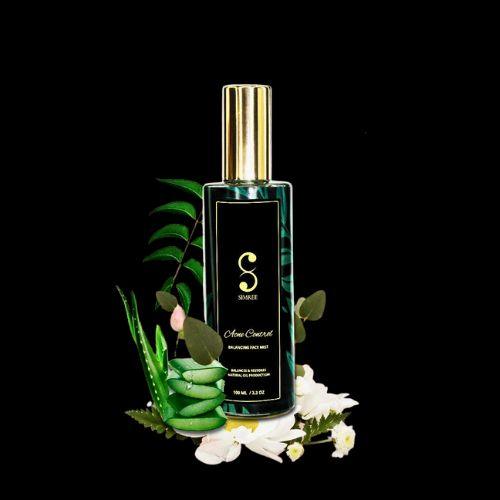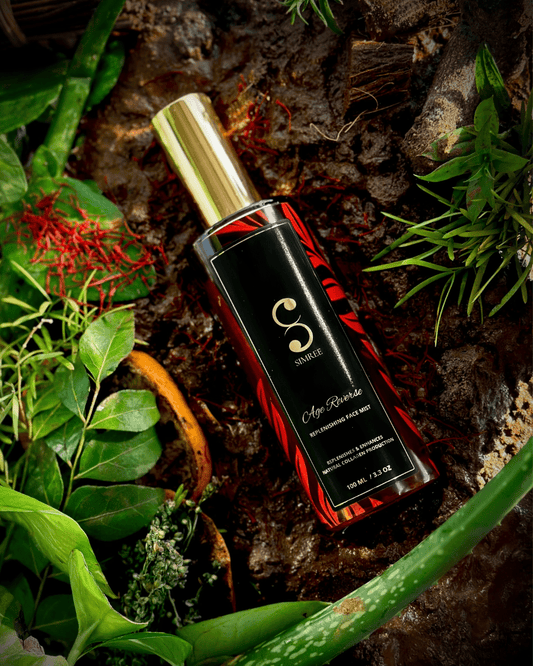
The Rise of Facial Oils: Nature's Answer to Skincare
Share
In recent years, facial oils have become a main in skincare routines, with beauty fan and experts alike wild about their benefits. Once thought to be only for those with dry skin, facial oils are now recorded for their brilliant and ability to nourish every skin type.
Why Facial Oils Are So Popular
Facial oils have a crowd of benefits that make them stand out in the busy skincare market:
-
Deep Hydration
Unlike traditional moisturizers, facial oils enter deeper into the skin, delivering long-lasting hydration. Whether you have oily, dry, or mix skin, the right oil can balance your skin’s moisture levels and refresh its natural glow. -
Anti-Aging Properties
Many facial oils contain antioxidants, which protect the skin from environmental damage, reduce the look of fine lines, and inspire a youthful features. Vitamin C, retinol, and rosehip oil are some key ingredients that help recreate skin cells and increase collagen production. -
Acne Control
It may sound faulty, but facial oils can actually help control acne. Sure oils, like tea tree oil and jojoba oil, maintain antibacterial properties that can help disturbance acne-causing bacteria without over-drying the skin. Unlike harsh chemicals, these oils regulate lactic-acid making, avoid the skin from becoming too oily or too dry.
Facial Oils vs. Traditional Moisturizers: What's the Difference?
While both facial oils and moisturizers aim to hydrate and protect the skin, they do so in different ways. Moisturizers typically sit on the skin’s area and work by capture water into the skin. On the other hand, facial oils work to nourish the skin from within by delivering essential fatty acids, vitamins, and antioxidants directly into the skin's deeper layers. This deeper insight allows for longer-lasting moisture and improved skin texture.
How to Choose the Right Facial Oil for Your Skin Type
-
For Dry Skin: Look for oils like argan oil and marula oil, which are known for their hydrating properties.
-
For Oily Skin: Choose oils like jojoba oil, which mimics the skin's natural lactic-acid and helps order oil production.
- For Sensitive Skin: Calendula oil and chamomile oil are quiet and reduce pain without irritating sensitive skin.
Why Simree’s Facial Oils Stand Out
At Simree Cosmetics, we pride ourselves on creating products that are not only effective but also natural and environmentally awake. Our Extreme Night Renewal Face Oil Serum is an excellent example of how facial oils can be part of a clean beauty routine. Formulated with nourishing, plant-based oils like rosehip oil and argan oil, this serum works to restore hydration, reduce the looks of scars, and improve skin flexible while you sleep.
What sets Simree apart is our commitment to using only vegan, cruelty-free, and eco-friendly ingredients. We carefully source all our oils, To make sure they are packed with nutrients that deliver noticeable results without the use of harmful chemicals or animal testing.
How to Use Facial Oils in Your Routine
To make the most of your facial oil, here’s how you can incorporate it into your skincare routine:
- Cleanse: Start by thoroughly cleansing your skin with a gentle cleanser to remove any dirt or impurities.
- Tone: Apply a toner to balance your skin’s pH levels and prepare it for oil absorption.
- Apply the Facial Oil: Take a few drops of your chosen facial oil and gently massage it into your skin, starting from the center of your face and working outwards. Don’t forget your neck and shocking!
Final Thoughts: The Beauty of Facial Oils
Facial oils are no longer just a luxury; they’re a must-have in any skincare routine, whether you’re looking for hydration, anti-aging benefits, or acne control.
Simree Cosmetics provides the perfect solution for those seeking clean, effective, and natural skincare. you can enjoy glowing, healthy skin that reflects the power of nature.

